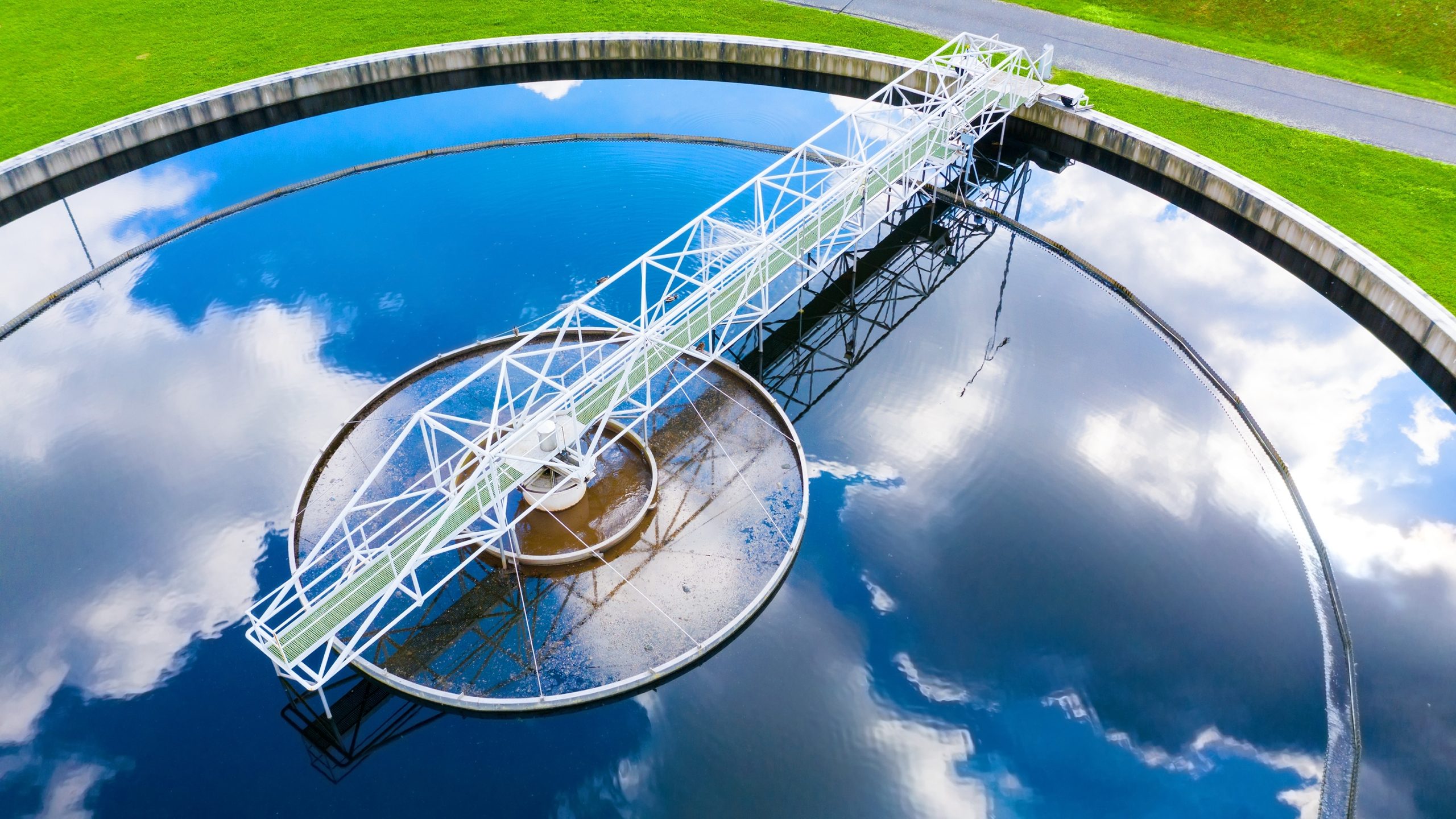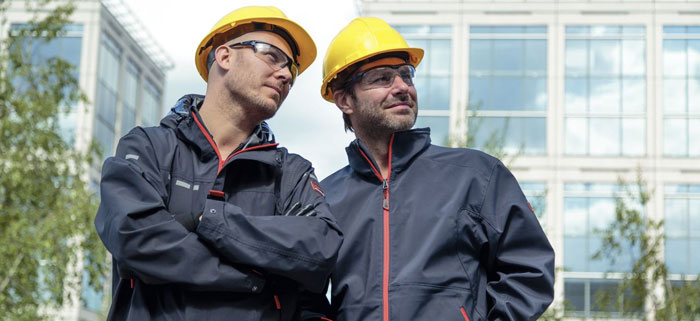Chlorine In The Water Industry
Water utility companies have a vital role in supplying clean water for drinking, bathing, and various industrial and commercial purposes. Maintaining the cleanliness of our waterways is the responsibility of wastewater treatment plants and sewage systems. However, it’s essential to be aware of the potential dangers of gas exposure in this industry. Harmful gases, like Chlorine, can be found in places such as water tanks, treatment units, sewers, and manholes.
The history of chlorination

What is chlorine?
Chlorination is a reliable way to disinfect water that has a high concentration of microorganisms. It works by using chlorine or chlorine-based substances to both oxidize and kill off any microorganisms present. To ensure safe drinking water and prevent waterborne diseases, various techniques can be employed to achieve the necessary chlorine levels.
The issues with chlorine
Chlorine gas can be identified by its distinct yellow-green colour, and pungent odour. Its strong smell serves well as a warning sign for those who may be exposed to it.
It is important to note that chlorine gas is toxic and can be fatal when inhaled or ingested. Chlorine reacts violently with organic compounds like ammonia and hydrogen, increasing the potential for fire and explosion.
Chlorine tends to disperse in low-lying areas with poor ventilation or stagnant air. While chlorine itself is not flammable, it can become explosive when it meets substances such as ammonia, hydrogen, natural gas, and turpentine.
Chlorine In The Water Industry – The Solution?
To prevent accidents, it is crucial to have a chlorine gas detector that can detect and measure the presence of chlorine in the air. Whether a fixed or portable device, we provide chlorine detection with electrochemical sensors that will constantly monitor the chlorine concentration in the surrounding air.
Fixed gas detectors will monitor and alert treatment plant workers of the presence of all major gas hazards. This type of gas detector will be a permanent fixture, placed inside water tanks, sewage systems, and any potentially high-risk area.
Portable gas detectors are wearable detection devices, designed to alert the wearer are high levels of gas.
Control panels such as the Gasmaster and the Crowcon Vortex have the capability to coordinate multiple fixed gas detection devices and serve as a catalyst for alarm systems.
For more information about gas detection for chlorine, give us a call today on 02920 759 683
This blog was written using inspiration from Crowcon, which can be viewed here.





